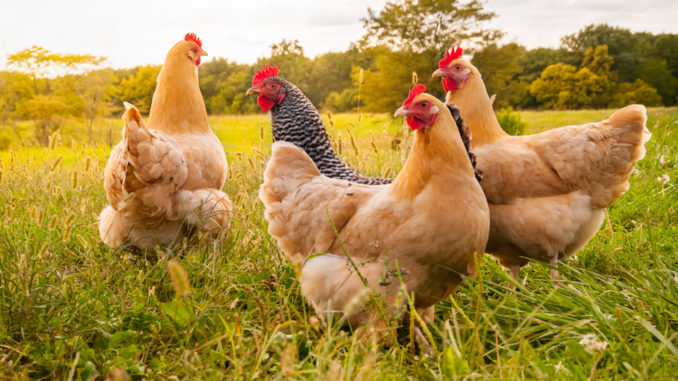- November 9, 2020
Reducing Ammonia Through Direct-Fed Microbials
Ammonia volatilization from poultry litter often contributes to a high concentration of ammonia which negatively affects bird operation, increases susceptibility to respiratory diseases in poultry, and can also be harmful to farmworkers and the environment.
Direct-fed microbial (DFM) are naturally occurring beneficial bacteria demonstrated to have positive impacts on animal health and functionality when given in proper amounts.

Image Source: Google
DFMs are demonstrated to improve general bird gut health and performance, decrease incidences of food security-related pathogens and necrotic enteritis also may be easily and always administered via feed. In this study, a Bacillus spore-based DFM (Sporulin) was proven to decrease ammonia volatilization from the feces of birds.
Broiler chicks were increased from isolator components and fed a daily diet comprising 106 spores/g for a couple of weeks, and the faeces was gathered and assessed for ammonia volatilization, spore concentration, and content.
The faeces water content of this treatment group has been decreased by 30 percent when compared with the control group, probably explaining a part of this decrease in ammonia volatilization.
This study suggests that some DFM can offer a powerful and continuously handled method of ammonia volatilization in poultry litter.
Direct-fed microbes can maximize overall animal health by enhancing nutrient absorption and balancing both the good and bad bacteria from the intestine, in addition to increasing body fat. Direct-fed microbials:
-Boost overall animal health.
-Boost nutrient absorption.
-Boost feed efficacy.